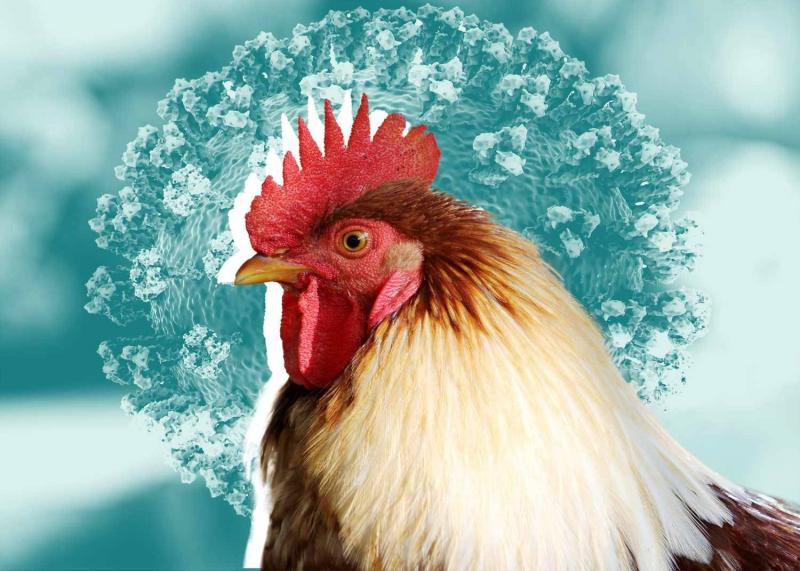A community science project, called the "New York City Virus Hunters Program (NYCVH)," has revealed that several birds in the state of New York have contracted a highly infectious strain of bird flu over the past few years. Volunteers collected 1,927 samples of bird droppings from various urban parks and green spaces throughout the city between 2022 and 2023, along with some samples from wildlife rehabilitation centers.
Samples from six birds tested positive for the virus in total, including a red-tailed hawk, three Canadian geese, a peregrine falcon, and a chicken. While the outbreak of bird flu in New York City poses a low risk to humans and pets, it is not a risk-free situation.
Kristin Marizzi, a microbiologist at the Icahn School of Medicine at Mount Sinai, stated, "It is wise to remain vigilant and to avoid wildlife. This also includes preventing pets from having close contact with wildlife."
Although the results indicate that the latest strains of virulent bird flu have been present in New York for at least two years, no human cases have been reported. However, a farm worker in Texas recently contracted bird flu after handling an infected cow, which may mark the first instance of bird flu transmission from mammals to humans.
In this context, World Health Organization officials are taking the potential threat of the infection spreading to mammals seriously, particularly since the H5N1 bird flu virus can be highly lethal if it infects humans.
In the United States alone, the bird flu outbreak has spread from migratory birds to wild foxes, raccoons, seals, leopards, and bears. Domestic cats and dogs have also contracted the disease, along with livestock and goats.
Some officials at the World Health Organization describe the current bird flu outbreak as a "global zoonotic pandemic." Earlier this year, dozens of cats at a dairy farm died after consuming milk contaminated with bird flu. The study was published in the Journal of Virology.




